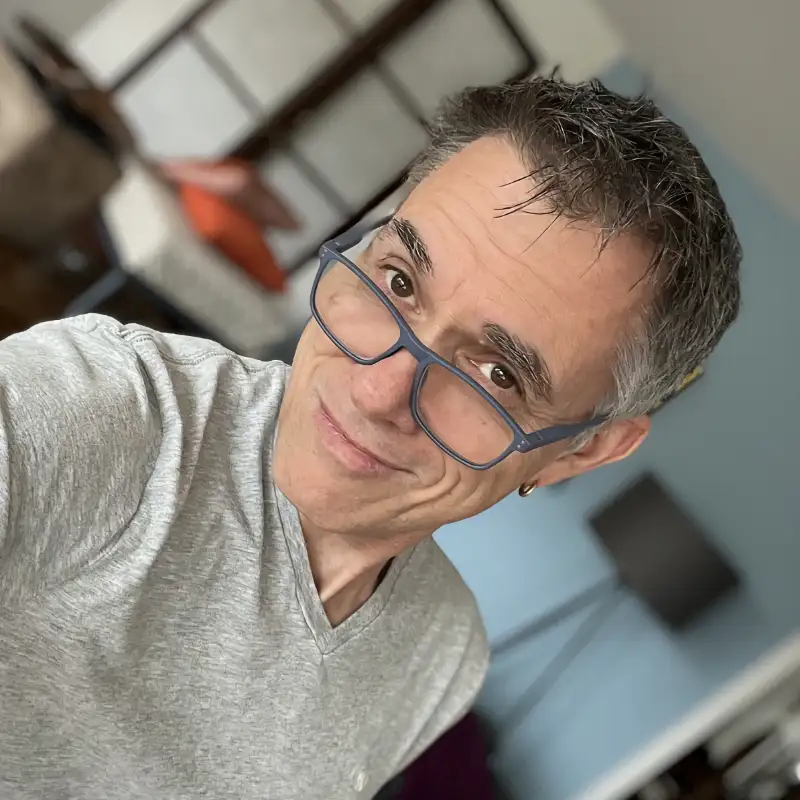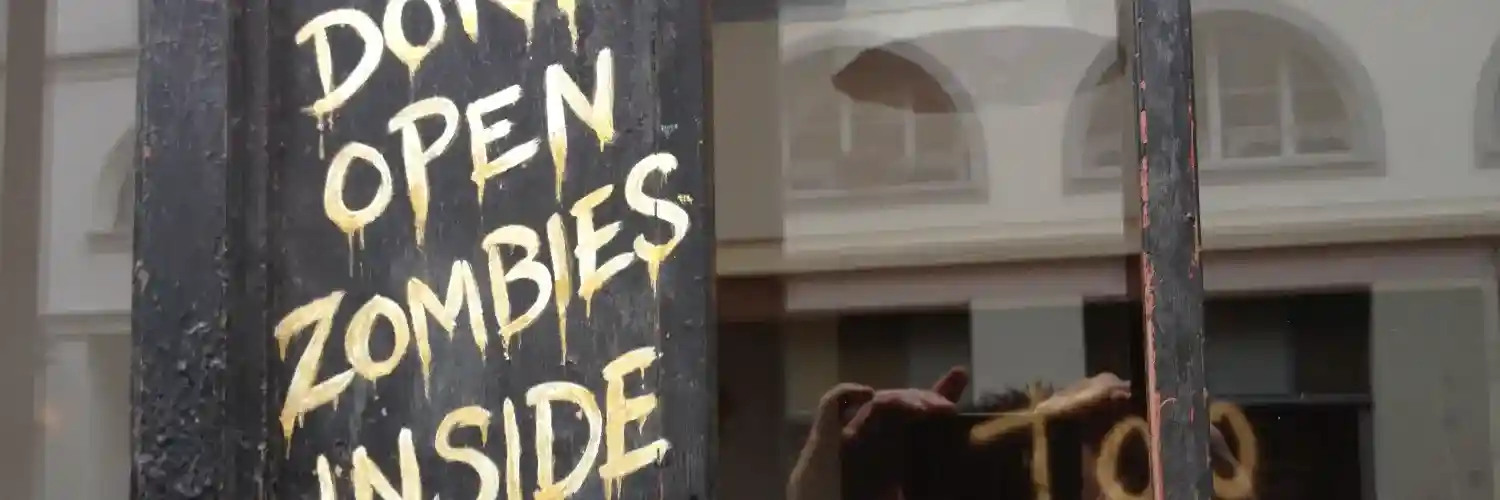Burnt Norton
Posted in daily
L'humeur du temps est à TS Eliot.
Un de mes poèmes favoris est Burnt Norton des "Four Quartets" paru en 1936. Il s'agit d'une méditation subtile sur la nature du temps et sa relation à l'éternité.
Burnt Norton est une maison de campagne des collines du Cotswold du Gloucestershire qu'Eliot visita en 1934. Le poème adresse le thème des spirales de temps.
I Time present and time past Are both perhaps present in time future, And time future contained in time past. If all time is eternally present All time is unredeemable. What might have been is an abstraction Remaining a perpetual possibility Only in a world of speculation. What might have been and what has been Point to one end, which is always present. Footfalls echo in the memory Down the passage which we did not take Towards the door we never opened Into the rose-garden. My words echo Thus, in your mind.
But to what purpose Disturbing the dust on a bowl of rose-leaves I do not know. Other echoes Inhabit the garden. Shall we follow? Quick, said the bird, find them, find them, Round the corner. Through the first gate, Into our first world, shall we follow The deception of the thrush? Into our first world. There they were, dignified, invisible, Moving without pressure, over the dead leaves, In the autumn heat, through the vibrant air, And the bird called, in response to The unheard music hidden in the shrubbery, And the unseen eyebeam crossed, for the roses Had the look of flowers that are looked at. There they were as our guests, accepted and accepting. So we moved, and they, in a formal pattern, Along the empty alley, into the box circle, To look down into the drained pool. Dry the pool, dry concrete, brown edged, And the pool was filled with water out of sunlight, And the lotos rose, quietly, quietly, The surface glittered out of heart of light, And they were behind us, reflected in the pool. Then a cloud passed, and the pool was empty. Go, said the bird, for the leaves were full of children, Hidden excitedly, containing laughter. Go, go, go, said the bird: human kind Cannot bear very much reality. Time past and time future What might have been and what has been Point to one end, which is always present. II Garlic and sapphires in the mud Clot the bedded axle-tree. The trilling wire in the blood Sings below inveterate scars Appeasing long forgotten wars. The dance along the artery The circulation of the lymph Are figured in the drift of stars Ascend to summer in the tree We move above the moving tree In light upon the figured leaf And hear upon the sodden floor Below, the boarhound and the boar Pursue their pattern as before But reconciled among the stars. At the still point of the turning world. Neither flesh nor fleshless; Neither from nor towards; at the still point, there the dance is, But neither arrest nor movement. And do not call it fixity, Where past and future are gathered. Neither movement from nor towards, Neither ascent nor decline. Except for the point, the still point, There would be no dance, and there is only the dance. I can only say, there we have been: but I cannot say where. And I cannot say, how long, for that is to place it in time. The inner freedom from the practical desire, The release from action and suffering, release from the inner And the outer compulsion, yet surrounded By a grace of sense, a white light still and moving, Erhebung without motion, concentration Without elimination, both a new world And the old made explicit, understood In the completion of its partial ecstasy, The resolution of its partial horror. Yet the enchainment of past and future Woven in the weakness of the changing body, Protects mankind from heaven and damnation Which flesh cannot endure. Time past and time future Allow but a little consciousness. To be conscious is not to be in time But only in time can the moment in the rose-garden, The moment in the arbour where the rain beat, The moment in the draughty church at smokefall Be remembered; involved with past and future. Only through time time is conquered. III Here is a place of disaffection Time before and time after In a dim light: neither daylight Investing form with lucid stillness Turning shadow into transient beauty With slow rotation suggesting permanence Nor darkness to purify the soul Emptying the sensual with deprivation Cleansing affection from the temporal. Neither plenitude nor vacancy. Only a flicker Over the strained time-ridden faces Distracted from distraction by distraction Filled with fancies and empty of meaning Tumid apathy with no concentration Men and bits of paper, whirled by the cold wind That blows before and after time, Wind in and out of unwholesome lungs Time before and time after. Eructation of unhealthy souls Into the faded air, the torpid Driven on the wind that sweeps the gloomy hills of London, Hampstead and Clerkenwell, Campden and Putney, Highgate, Primrose and Ludgate. Not here Not here the darkness, in this twittering world. Descend lower, descend only Into the world of perpetual solitude, World not world, but that which is not world, Internal darkness, deprivation And destitution of all property, Desiccation of the world of sense, Evacuation of the world of fancy, Inoperancy of the world of spirit; This is the one way, and the other Is the same, not in movement But abstention from movement; while the world moves In appetency, on its metalled ways Of time past and time future. IV Time and the bell have buried the day, The black cloud carries the sun away. Will the sunflower turn to us, will the clematis Stray down, bend to us; tendril and spray Clutch and cling? Chill Fingers of yew be curled Down on us? After the kingfisher's wing Has answered light to light, and is silent, the light is still At the still point of the turning world. V Words move, music moves Only in time; but that which is only living Can only die. Words, after speech, reach Into the silence. Only by the form, the pattern, Can words or music reach The stillness, as a Chinese jar still Moves perpetually in its stillness. Not the stillness of the violin, while the note lasts, Not that only, but the co-existence, Or say that the end precedes the beginning, And the end and the beginning were always there Before the beginning and after the end. And all is always now. Words strain, Crack and sometimes break, under the burden, Under the tension, slip, slide, perish, Decay with imprecision, will not stay in place, Will not stay still. Shrieking voices Scolding, mocking, or merely chattering, Always assail them. The Word in the desert Is most attacked by voices of temptation, The crying shadow in the funeral dance, The loud lament of the disconsolate chimera. The detail of the pattern is movement, As in the figure of the ten stairs. Desire itself is movement Not in itself desirable; Love is itself unmoving, Only the cause and end of movement, Timeless, and undesiring Except in the aspect of time Caught in the form of limitation Between un-being and being. Sudden in a shaft of sunlight Even while the dust moves There rises the hidden laughter Of children in the foliage Quick now, here, now, always— Ridiculous the waste sad time Stretching before and after.

